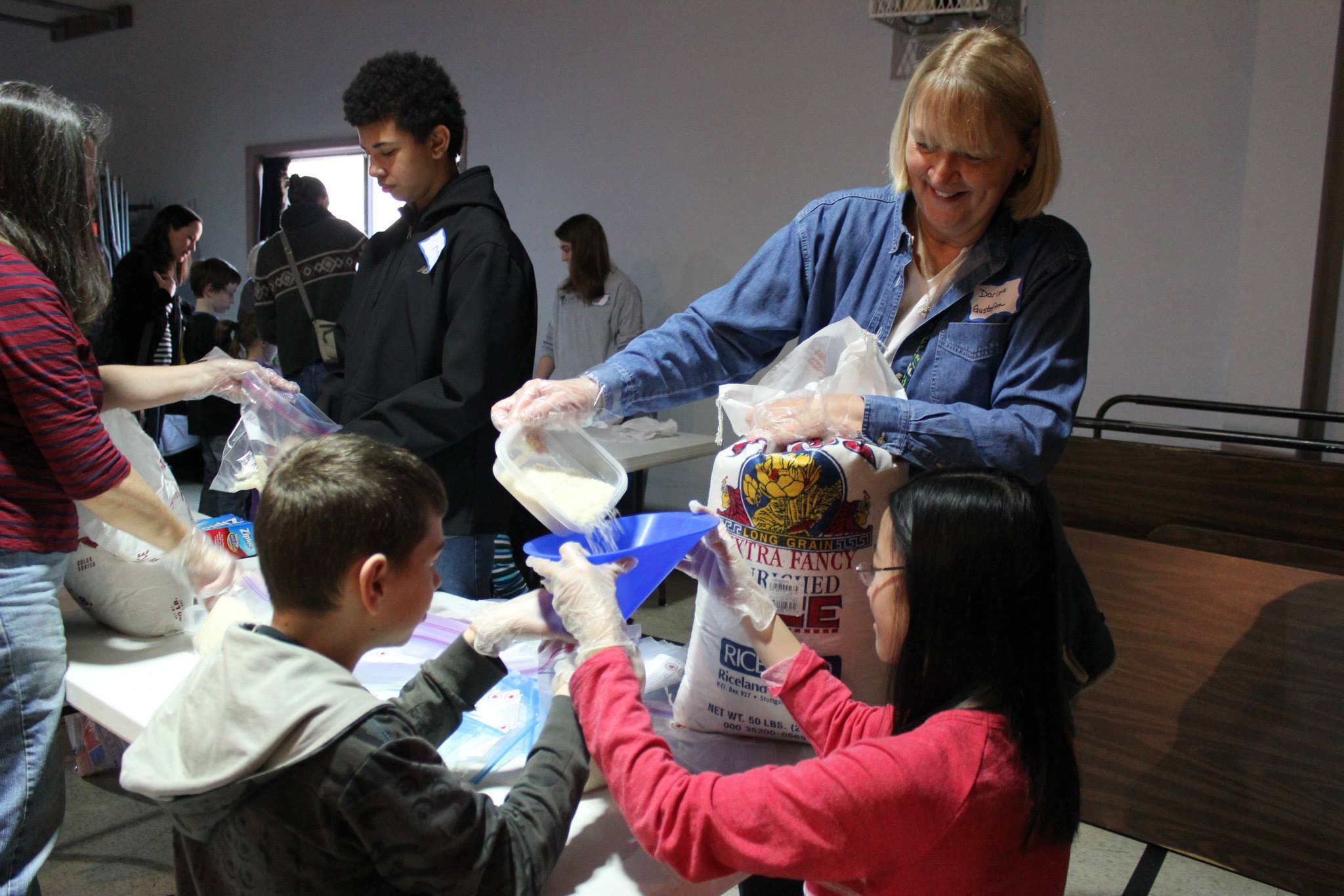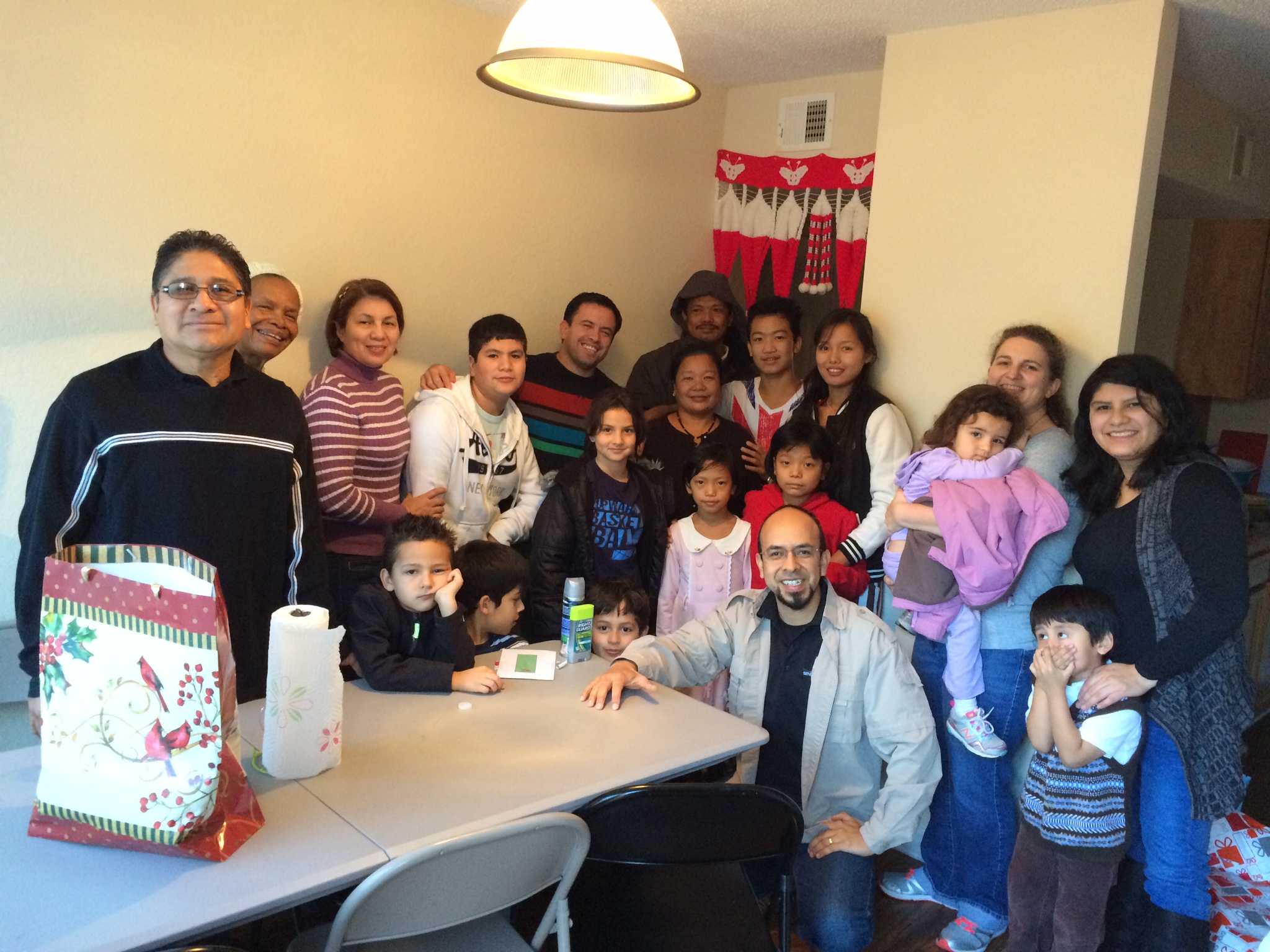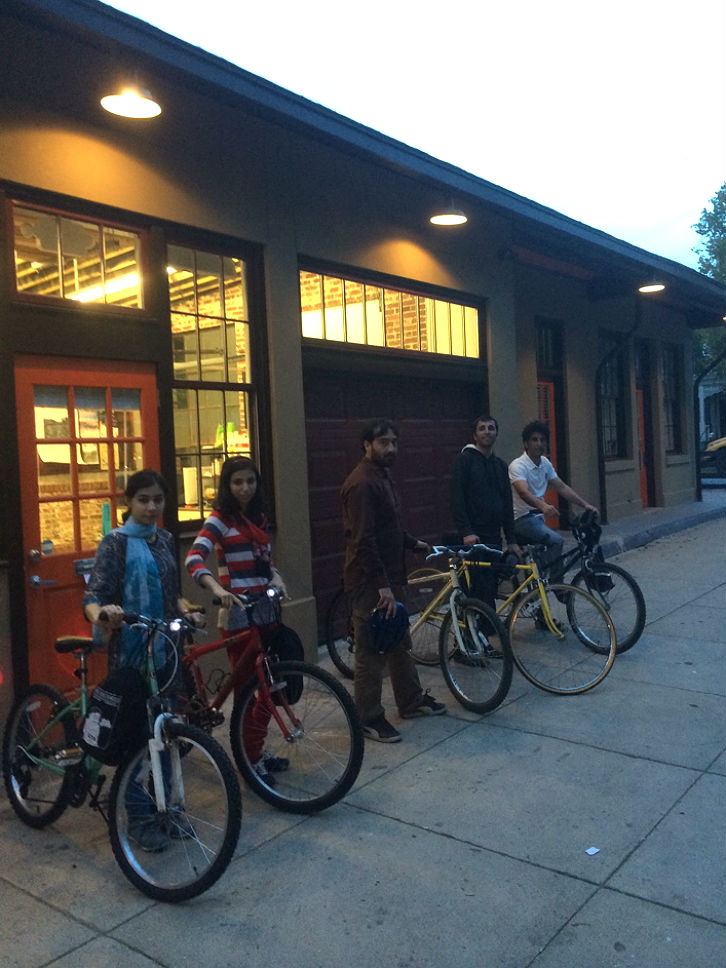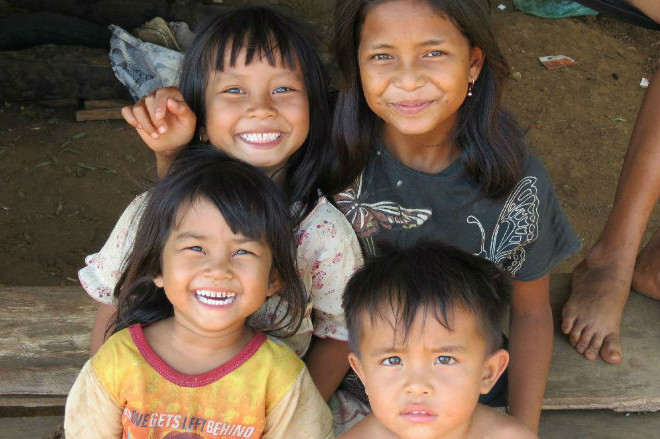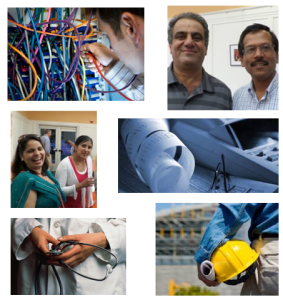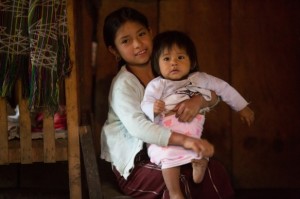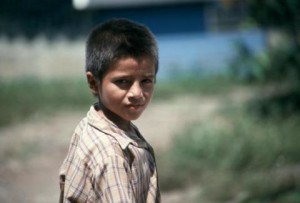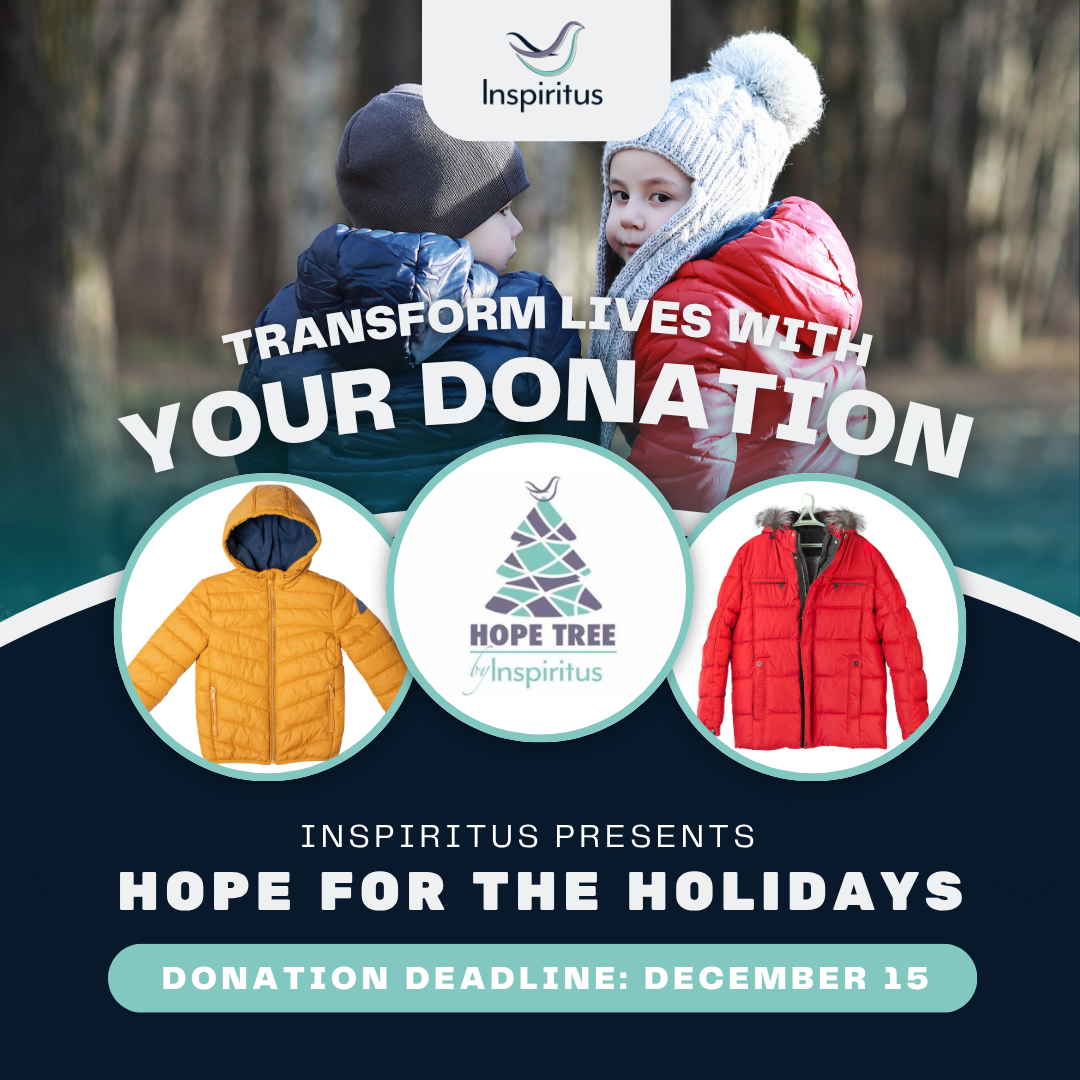Careers and Connections - Grace & Ifrah
/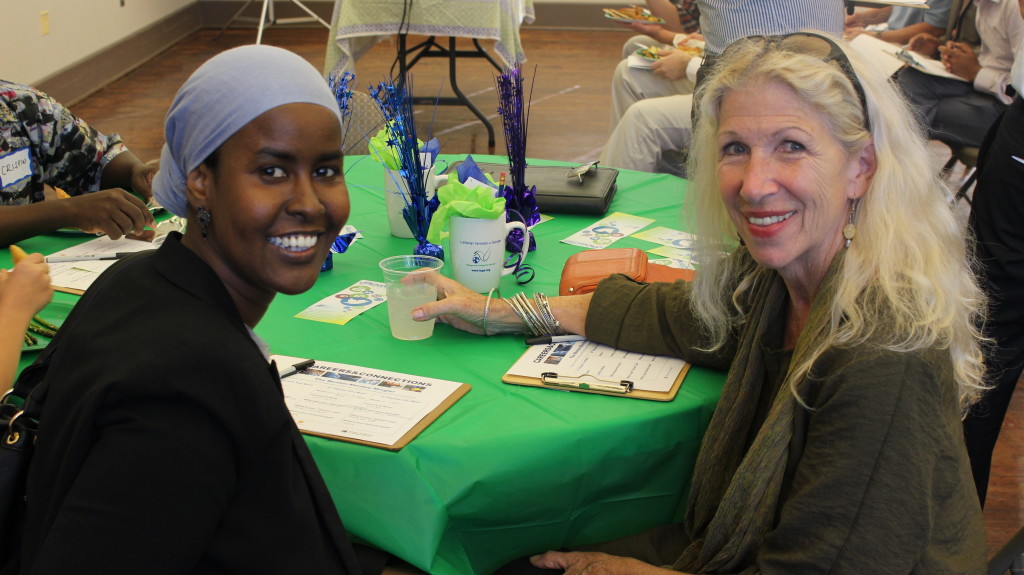 Grace Hawkins and Ifrah Jimale sit across from each other, sharing a home-cooked meal. The food is simple, but delicious, and includes vegetables grown in Grace’s sprawling front-yard garden. The two women chat happily, swapping stories and gardening tips. They met only a few months ago, yet they are already completely at ease in each other’s presence.
Grace Hawkins and Ifrah Jimale sit across from each other, sharing a home-cooked meal. The food is simple, but delicious, and includes vegetables grown in Grace’s sprawling front-yard garden. The two women chat happily, swapping stories and gardening tips. They met only a few months ago, yet they are already completely at ease in each other’s presence.
Grace and Ifrah both participated in Careers and Connections, Lutheran Services of Georgia’s employment mentoring program that pairs professionals with refugees looking to pursue careers in the United States. Launched in 2014 in partnership with Higher, Lutheran Immigration and Refugee Services’ national employment initiative, Careers and Connections has already provided support for 30 refugees. Careers and Connections aims to accomplish two goals: to support long-term career advancement for refugees and to deepen social connections between refugees and their communities.
Originally from Somalia, Ifrah arrived in Minnesota as a teenager in 1998. She was immediately placed in jail because she didn’t have all of her immigration documents in order. After her release, she spent the next 15 years navigating U.S. immigration courts before she finally received her citizenship status. Ifrah completed high school and studied journalism in college. She worked as a reporter and ran her own blog.
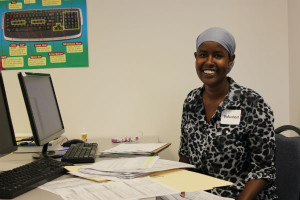
In 2013, Ifrah moved to Georgia where “I felt like a brand new refugee. I came here and I was just lost.” She struggled to find a job in her field and missed the support of the Somalian community she had left behind in Minnesota. After discovering Lutheran Services of Georgia through an online search, she began volunteering with LSG’s Extended Cultural Orientation program. There, she met Melanie Johnson, LSG’s Program Manager for Volunteer, Congregation, and Community Engagement. Melanie asked Ifrah about her dreams for the future, beyond simply working to survive. Ifrah realized that she wanted to write and publish a book about her refugee experience.
Melanie reached out to Grace Hawkins, the former Executive Director of the Global Village Project, to serve as Ifrah’s mentor. Before moving to Atlanta, Grace and her husband operated their own writing business in Seattle and published 17 books. Grace has also travel extensively outside of the U.S. During her travels, she witnessed the poverty, political repression, and conflict that drives refugees to flee their countries of origin. Through the Global Village Project, she met several refugees and survivors of traumatic situations. Intrigued by Ifrah’s experience, she agreed to serve as Ifrah’s mentor.
Over the past several months, Grace has assisted Ifrah in editing manuscripts and introduced her to writers and editors throughout Atlanta. However, the two women agree that their friendship goes beyond than the roles of mentor and mentee. Although the three-month-long program is over, they continue to meet regularly, sharing food, knowledge, experiences, stories, and laughter.
Ifrah appreciates her friendship with Grace and credits her Careers and Connections experience with helping her envision her book and build connections in Atlanta. She said, “Careers and Connections is a really good program. It helps with assimilation, because otherwise as an immigrant you’re really cut off. You have walls around you. Careers and Connections was the best decision I’ve made so far in this state. It’s my new anchor in Georgia. I don’t know what I would’ve done if I hadn’t met Grace—she’s literally my 4-1-1.”
Careers and Connections is preparing to launch a new cohort of 30 refugee mentees and mentors. For more information or to participate in the program, contact Melanie Johnson at mjohnson@lsga.org or (678) 696-9619.
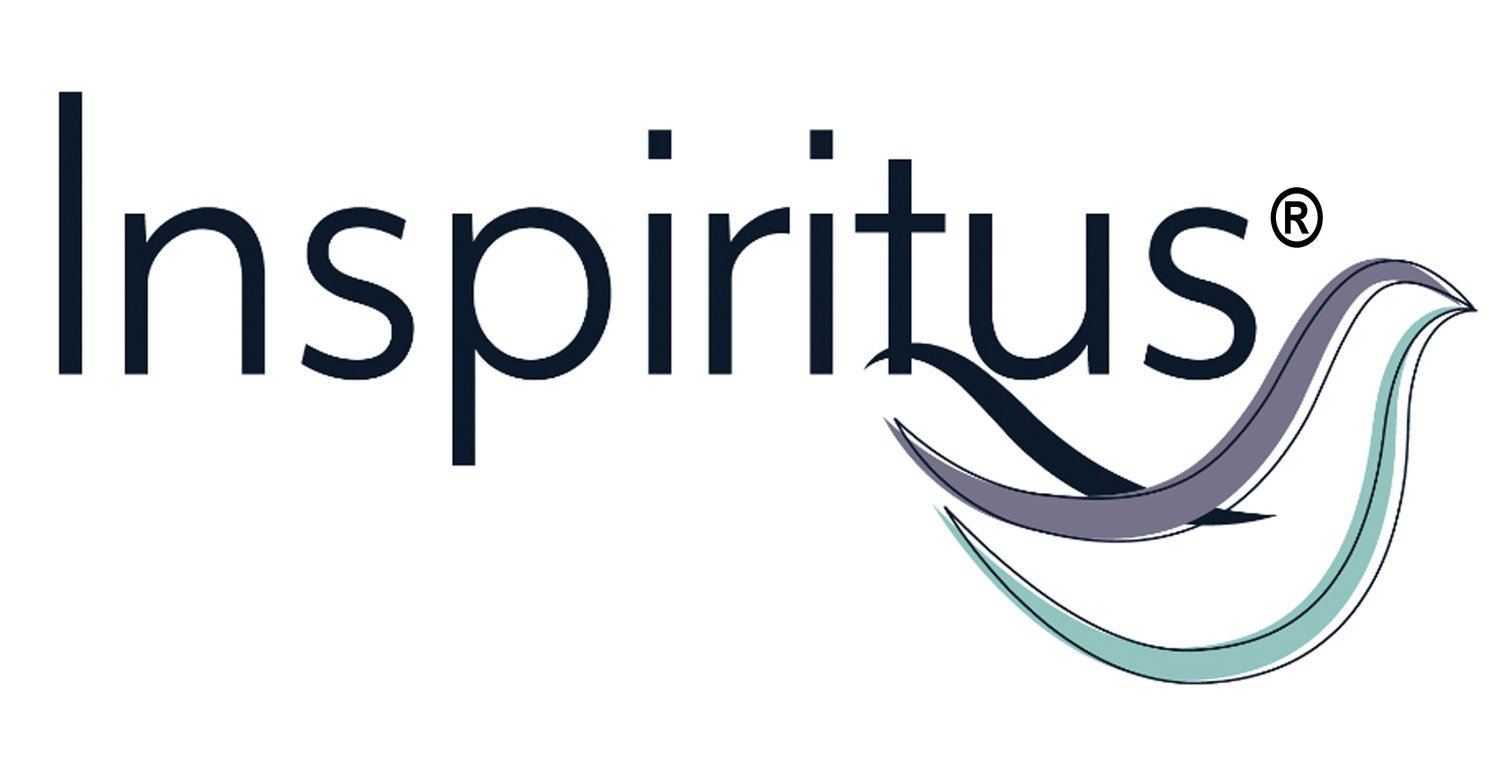

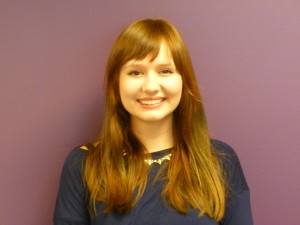
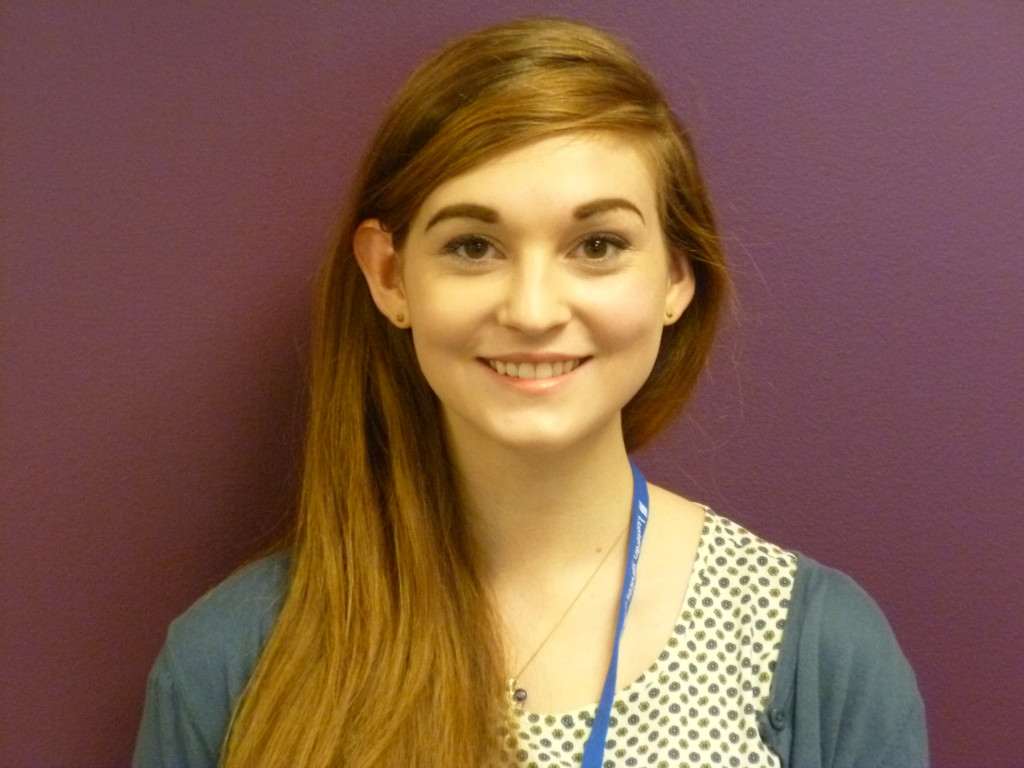
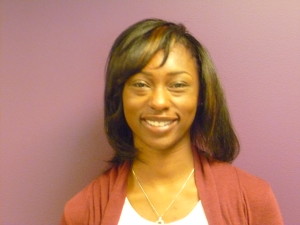

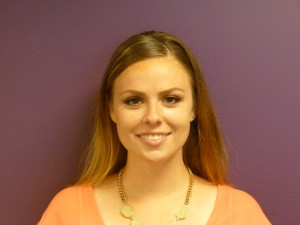
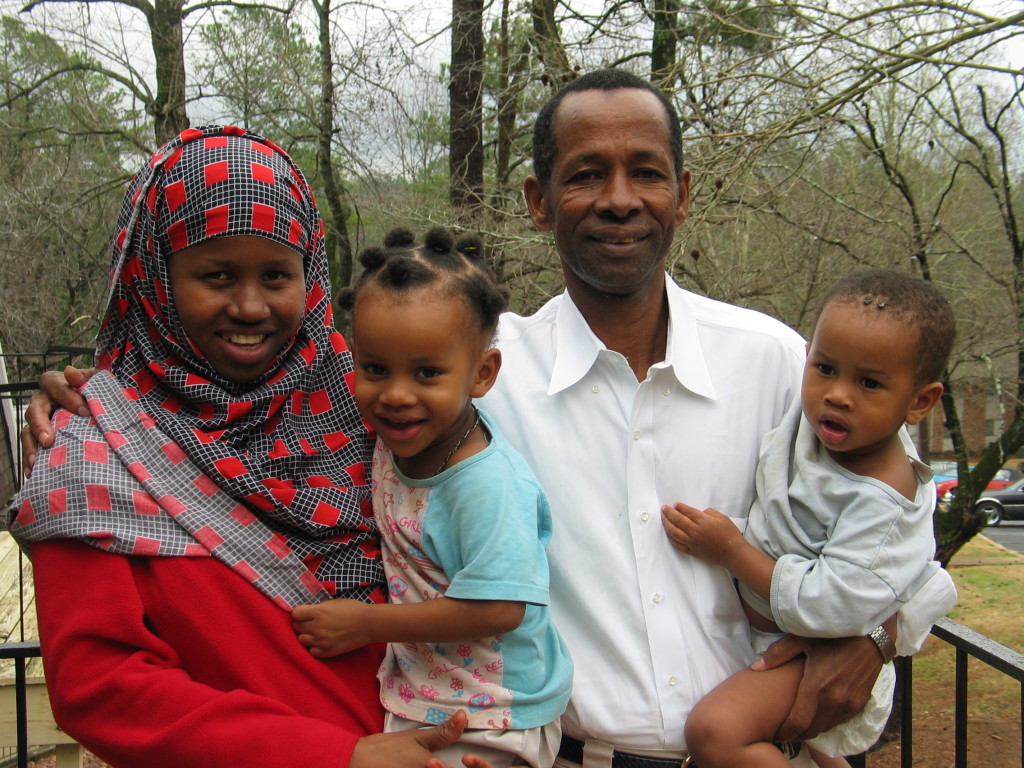
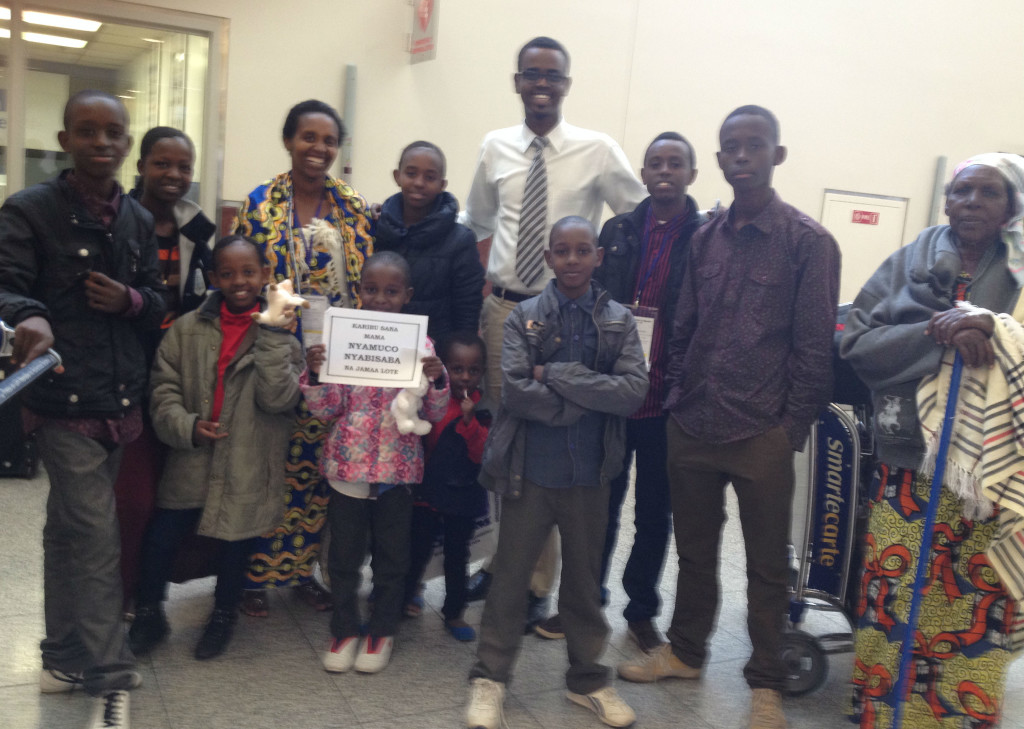

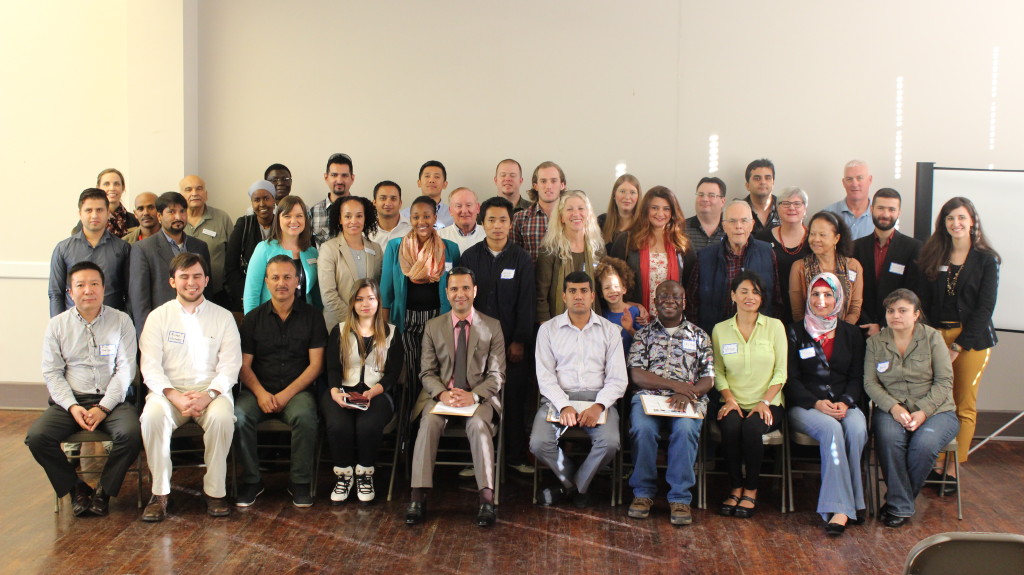


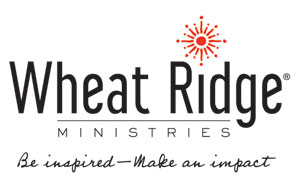
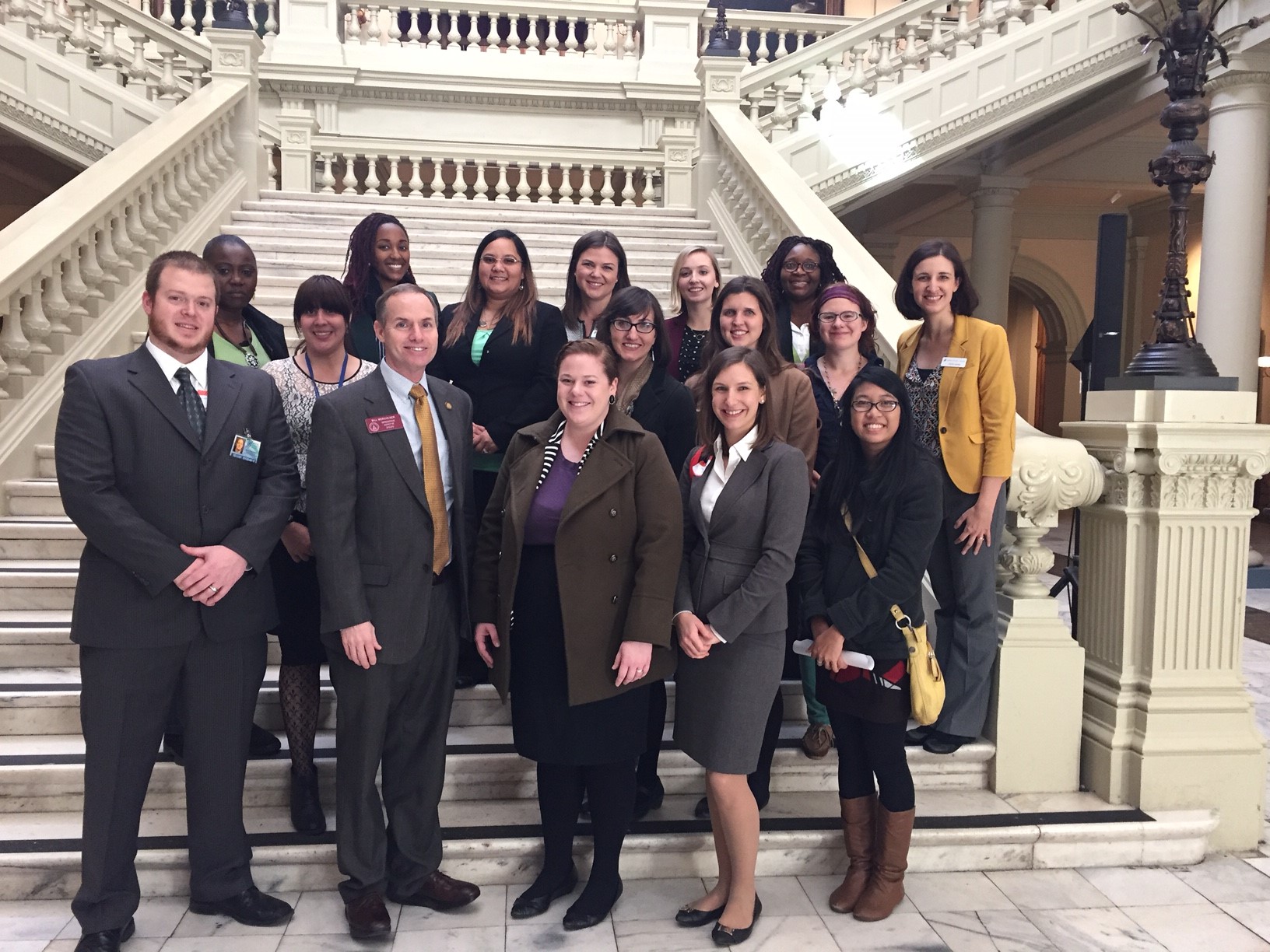 By Emily Laney, Atlanta Program Manager for Refugee and Immigration Services
By Emily Laney, Atlanta Program Manager for Refugee and Immigration Services

